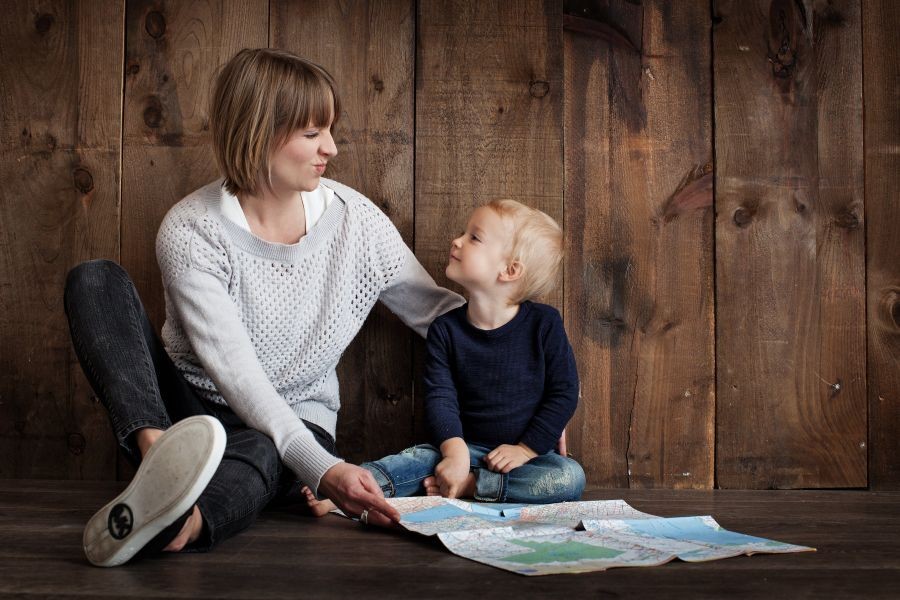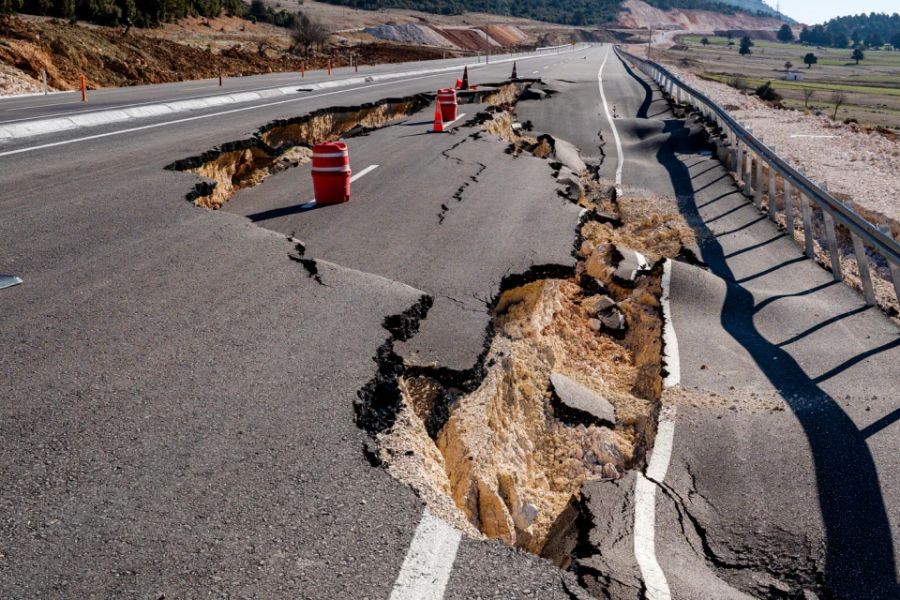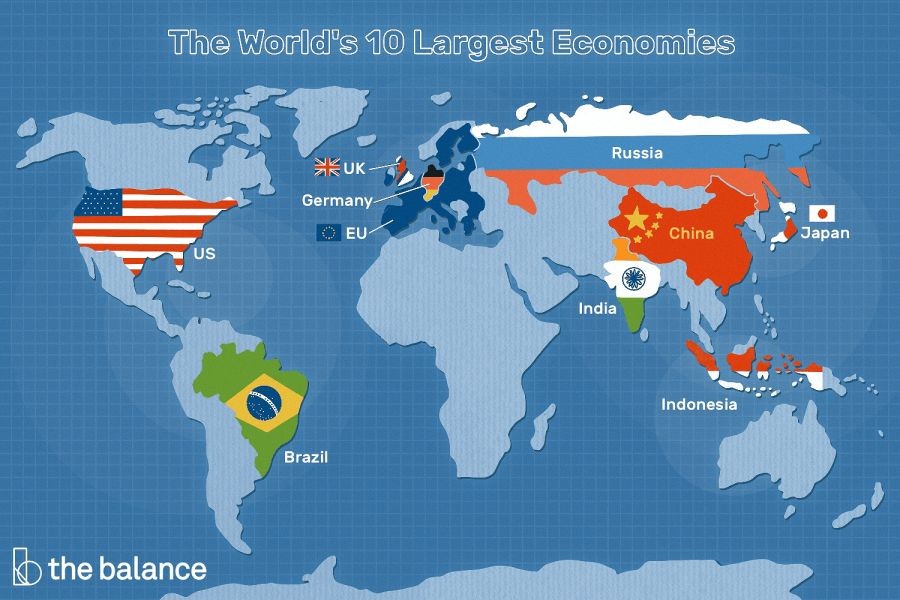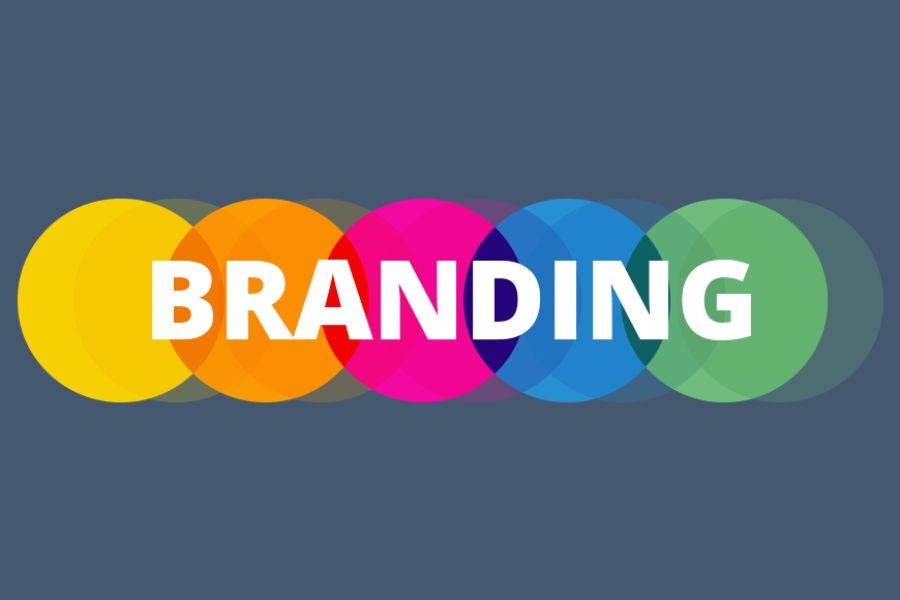Recognizing the early signs of dementia and Alzheimer’s is crucial, especially in New Zealand, where the aging population is growing rapidly. As of 2020, around 70,000 Kiwis were living with dementia, a number projected to triple by 2050. Understanding these early signs can significantly impact caregiving, treatment options, and financial planning. This article delves into the symptoms and offers insights specific to New Zealand’s healthcare system and societal context.
Understanding Dementia and Alzheimer’s: The Basics
Dementia is a general term for a decline in cognitive function severe enough to interfere with daily life. Alzheimer’s is the most common cause, accounting for 60-80% of dementia cases. Early detection is crucial for better management and planning. According to the Ministry of Health in New Zealand, early diagnosis can help individuals access appropriate services and support.
Early Signs to Watch For
- Memory Loss: Forgetting recently learned information is a common early sign. While everyone forgets things occasionally, those with dementia might forget more frequently and struggle to recall them later.
- Difficulty Completing Familiar Tasks: People with early dementia may find it hard to complete daily tasks, such as driving to a familiar location or remembering the rules of a favorite game.
- Confusion with Time or Place: Losing track of dates, seasons, and the passage of time is common. People might forget where they are or how they got there.
- Problems with Words: Difficulty following or joining a conversation is a warning sign. Individuals might struggle with vocabulary or have problems finding the right word.
Case Study: Early Detection in New Zealand’s Healthcare System
Meet Helen, a 68-year-old retired teacher from Christchurch. Helen noticed she was frequently misplacing her keys and struggling with simple tasks. Concerned, her family encouraged her to seek medical advice. Through a comprehensive assessment at Christchurch Hospital, she was diagnosed with early-stage Alzheimer’s. This timely diagnosis allowed Helen to access support services and start medication to slow disease progression. Her story highlights the importance of early detection and the role of New Zealand’s healthcare system in facilitating timely diagnosis.
Comparative Analysis: New Zealand vs. Global Trends
Globally, dementia cases are rising, but New Zealand faces unique challenges. The country’s aging population is growing faster than the global average, with Statistics NZ projecting that by 2034, one in four New Zealanders will be aged 65 or older. This demographic shift underscores the need for awareness and resources to manage dementia effectively.
In contrast, countries like Japan have implemented community-based support systems, offering lessons for New Zealand. The integration of community health services with technological solutions, such as remote monitoring, could enhance care for those with dementia in New Zealand.
Common Myths & Mistakes
Misunderstandings about dementia can hinder early detection and treatment. Here are some common myths:
- Myth: "Dementia is a normal part of aging." Reality: While memory loss is common with aging, dementia is not normal and requires medical attention.
- Myth: "Only the elderly get dementia." Reality: Early-onset dementia can occur in people under 65, affecting career and family life.
- Myth: "Dementia is purely genetic." Reality: While genetics play a role, lifestyle factors like diet and exercise also influence dementia risk.
Future Trends & Predictions
By 2030, New Zealand is expected to lead in dementia care innovation globally. The integration of AI in diagnostics and personalized treatment plans will enhance patient outcomes. A report by the New Zealand Institute of Economic Research suggests that investing in dementia research could yield significant economic benefits, potentially doubling the return on investment through improved health outcomes and reduced care costs.
Conclusion: Take Action Now
Recognizing early signs of dementia and Alzheimer’s is crucial for timely intervention. In New Zealand, the aging population demands increased awareness and resources to manage this growing challenge. Stay informed, consult healthcare professionals if you notice symptoms, and support initiatives that promote research and development in dementia care. What steps will you take to contribute to this important cause?
People Also Ask (FAQ)
How prevalent is dementia in New Zealand?As of 2020, there were approximately 70,000 Kiwis living with dementia, and this number is expected to triple by 2050, according to the Ministry of Health.
What are the early signs of Alzheimer’s?Common early signs include memory loss, difficulty completing familiar tasks, confusion with time or place, and problems with words in speaking or writing.
What support is available for dementia patients in New Zealand?New Zealand offers various support services, including community health services and dementia-specific care facilities, to assist patients and their families.
Related Search Queries
- Early signs of dementia and Alzheimer’s
- Dementia care in New Zealand
- Alzheimer’s statistics New Zealand
- Symptoms of early-onset dementia
- Dementia support services in NZ

































Pier1 Bathrooms
1 month ago